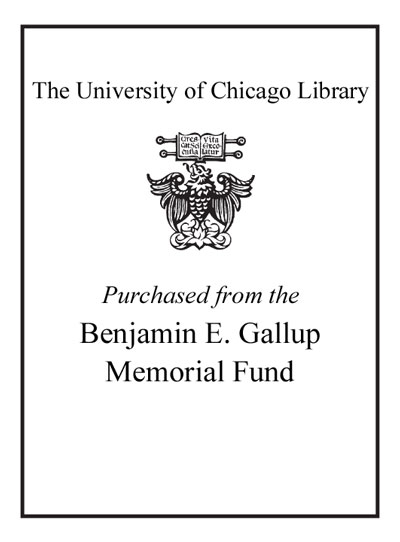Review by Choice Review
James left a career-long project on Rhode Island institutions unfinished at his death. Skemp and Daniels edited the monograph that thoroughly traces the development of town and Colonial governments, churches, and a variety of corporations from the first settlements up to the Revolution. Following a chronological, regional, and thematic organization, chapters compare the original town governments and their problems regarding the distribution of land, document the proprietorships that briefly succeeded in acquiring and selling land, and describe the gradual accommodation to a stronger Colonial government through a series of charters. Baptists, Quakers, then later, Anglicans and Congregationalists connected with other coreligionists and protected church polity and property, notwithstanding Rhode Island's early commitment to religious freedom and disestablishment. Chapter 11 illustrates the incorporation of private organizations such as lotteries, an elite military company, a library company, the College of Rhode Island, and water companies. This work will frustrate undergraduates because James assumes familiarity with famous founders Roger Williams and Anne Hutchinson, introduces readers to no new personalities, and tells no compelling stories. Researchers, though, should find it a helpful contribution to Rhode Island's thin historiography and the extensive notes and bibliography a guide to the state's archives. Graduate, faculty. K. Gedge; West Chester University of Pennsylvania
Copyright American Library Association, used with permission.
Review by Choice Review

